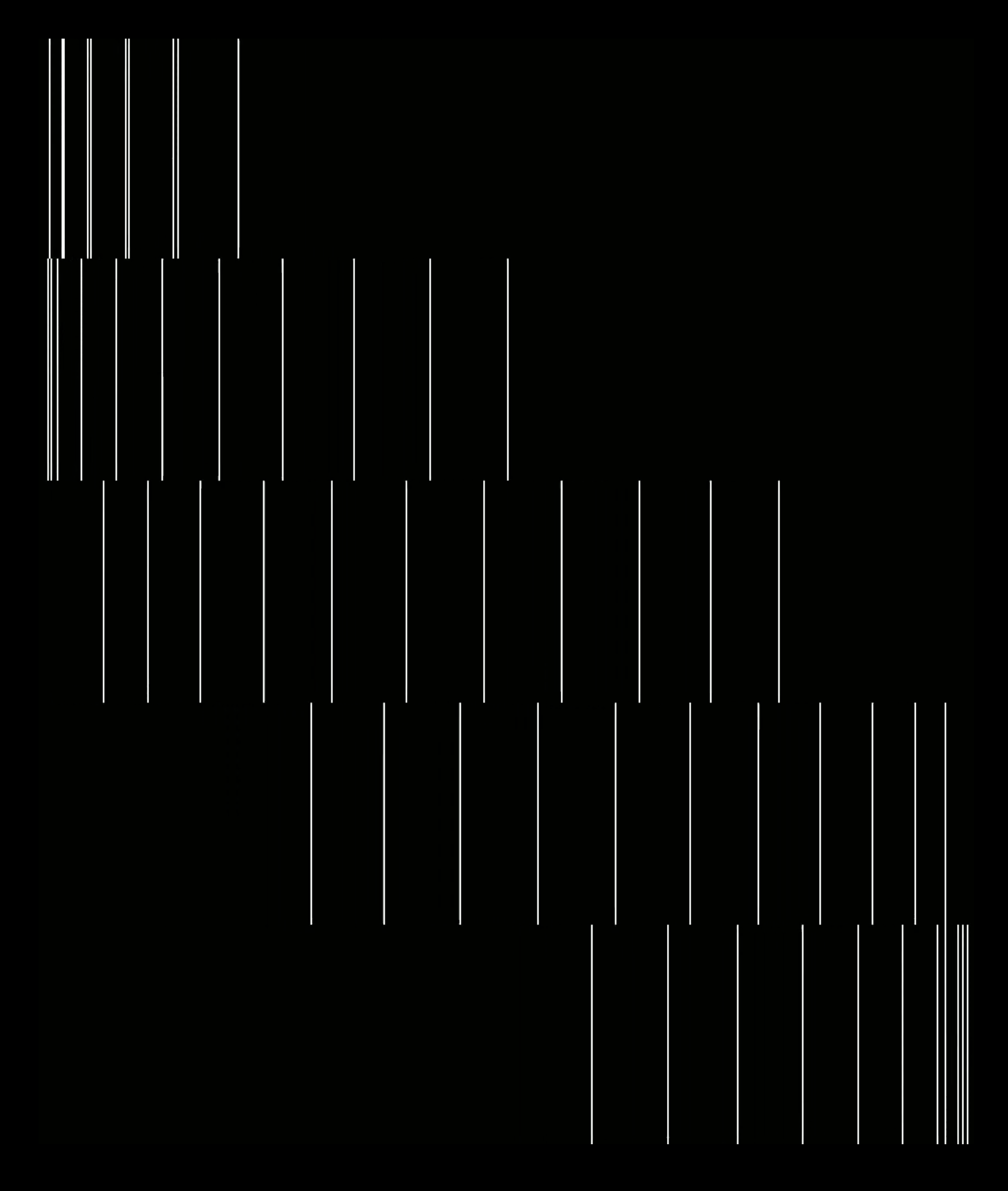The challenge in Solana block building
As Solana scales, building the most profitable and efficient blocks becomes increasingly complex. This has led to a reliance on specialized, often centralized, block builders.
This current structure presents several challenges:
- A lack of competition: Validators may be "locked in" to a single builder solution, limiting their ability to capture the maximum possible revenue or be limited to a single sequencing strategy.
- Limited validator control: Validators often have to accept an "all-or-nothing" block, ceding control over the content and transactions included.
- Centralization risks: Relying on a single builder can introduce points of failure and censorship, undermining the network's decentralization.
- Inefficient markets: A closed market for block building means the network may not be realizing its full potential for efficiency and value capture, hindering its ability to compete with centralized exchanges.
Additionally, applications have a growing need that is currently not being met. The next breakout Solana perps DEX needs market maker priority. The existing sequencers don’t work for applications; they need fast inclusion and reliability. Competition is better for Solana applications.
Solution: An open block building system
Harmonic addresses these problems by creating an open, competitive marketplace for block building.
Instead of a single builder, Harmonic’s infrastructure aggregates blocks from multiple independent builders. Validators running Harmonic can then instantly choose the most valuable block that aligns with their preferences.
This model shifts power back to the validators, transforming them from passive recipients into active, empowered participants in the block building process.
How does Harmonic work?
Harmonic is an open block building system for Solana. It facilitates novel market structures that make Solana competitive in completely new ways. The result is higher validator revenue potential, better market structure, and stronger decentralization — helping Solana outcompete centralized exchanges and rising perps venues.
In practice, Harmonic auctions blocks from a variety of block builders on the network — including existing Jito, Temporal, Jito BAM, or Paladin blocks — and then gives only the best blocks to the validators according to the criteria they set. So, for example, a validator might want blocks without toxic MEV and doesn't care as much about revenue. Some validators might only care about maximizing revenue for their stakeholders. Whatever it is, the Harmonic's open market can facilitate it at high speed and high throughput, in a way that pushes Solana forward.
Key properties
- Pro-validator: Optimizes for revenue while remaining open, fast, and fair
- Pro-network: Solana’s performance ceiling rises when its markets are open and competitive
- Pro-retail: Fair inclusion, no artificial latency, and lower sandwich exposure
Core roles
- Builders independently construct candidate blocks using their strategies and edges.
- The block engine aggregates, verifies, normalizes, and scores builder blocks.
- Validators apply configurable preferences to select a block each slot.
Market structure, incentives, and healthy competition
Harmonic brings Solana closer to being the on-chain NASDAQ. For Solana to reach 1M TPS, it needs healthy competition and solutions focused on improving the network. Harmonic complements upcoming network upgrades such as higher compute limits, and can enforce ACE, giving smart contracts programmable control over trade ordering and settlement.
Harmonic improves market quality with:
- Many builders compete, and the network wins.
- Better, bigger blocks push value to validators and the network, not a single intermediary.
- Preference presets allow validators to defend users from toxic flows while keeping markets efficient.
- Builder diversity reduces correlated failures and lock-in risk.
Our thesis is simple: fast and fair markets outperform fast-but-closed systems over the long term. Healthy competition is critical for the long-term health of Solana. The network thrives when builders compete, validators earn more, and users trade inside tighter, more honest spreads.
Harmonic is currently in closed beta. If you’re interested in learning more about Harmonic or joining the beta, please fill out this form.
